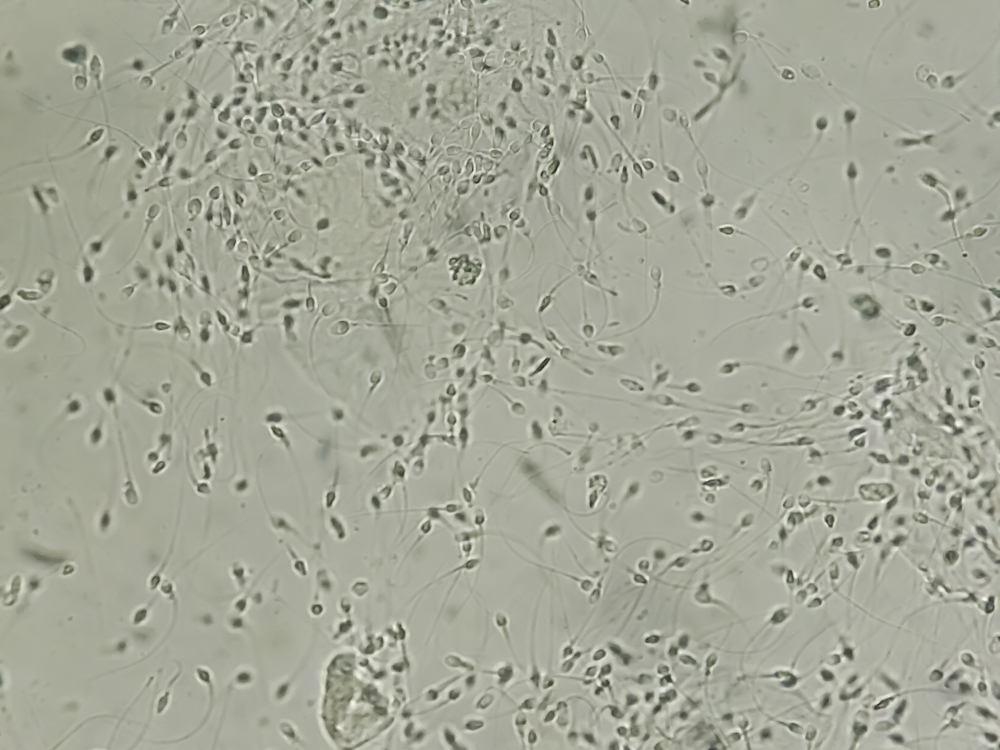A recent meta-study led by researchers from Northeastern University (NU) and George Mason University, under the guidance of Lauren B. Ellis, reveals a concerning connection between pervasive insecticide exposure and a substantial reduction in human sperm counts. Published in Environmental Health Perspectives, the comprehensive study analyzed data from 25 human studies conducted over nearly 50 years, involving 1,774 adult men across Asia, North America, South America, and Europe. The subjects, exposed to widely used insecticides, specifically organophosphates and N-methylcarbamates, demonstrated a clear correlation between insecticide exposure and a decline in sperm concentration.
The study’s results underscore the urgent need for regulatory action to mitigate the public health threat posed by these insecticides. Melissa J. Perry emphasizes that the evidence has reached a critical point, demanding immediate steps to reduce insecticide exposure, especially for men consuming contaminated food and water. The scientific team advocates for further studies to delve deeper into the effects of insecticides on sperm concentration and their potential contribution to male infertility, emphasizing the significance of addressing this pressing issue in environmental and reproductive health.
Source:
Ellis, L., Molina, K., Robbins, C., Freisthler, M., Sgargi, D., Mandrioli, D., & Perry, M. J. (2023). Adult Organophosphate and Carbamate Insecticide Exposure and Sperm Concentration: A Systematic Review and Meta-Analysis of the Epidemiological Evidence. Environmental Health Perspectives, 131(11). https://doi.org/10.1289/ehp12678










